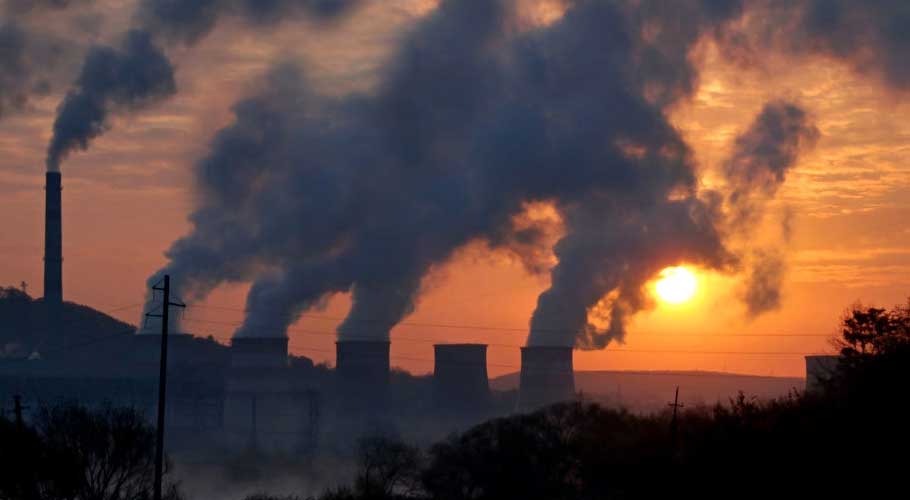The World Health Organisation has suggested limiting air pollution to levels recommended by the organisation could prevent more than 50,000 deaths in Europe annually.
The WHO measured that air pollution kills more than seven million people each year and is one of the leading causes of sickness and absenteeism globally.
Cities, with their crowded streets and high energy use, are hotspots for illness and disease linked to air pollution. The WHO recommends that fine particulate matter (PM2.5) not exceed 10 milligrammes per cubic metre of air, averaged annually.
The premature death burden due to these two pollutants in nearly 1,000 cities across Europe. It found that reducing PM2.5 and NO2 to safe WHO levels could prevent 51,213 premature deaths each year.
Nearly 125,000 deaths annually could be saved if air pollution levels were reduced to the lowest recorded in the study, its authors said. Deaths due to air pollution varied widely, with NO2 levels in Madrid, for example, responsible for seven percent of annual deaths there.
Cities in the Po-Valley region of northern Italy, Poland, and the Czech Republic were the highest in mortality burden, with the Italian cities of Brescia, Bergamo, and Vicenza all within the top five for PM2.5 concentrations.
Those with the lowest mortality burden included Tromso in Norway, Umea in Sweden, and Oulu in Finland, as well as the Icelandic capital Reykjavik.


































